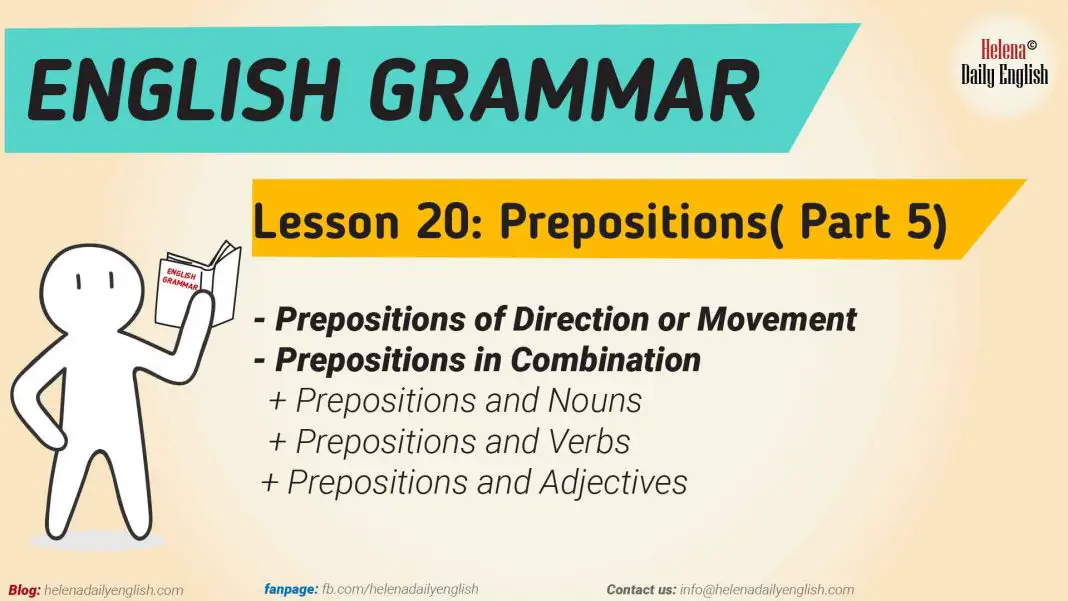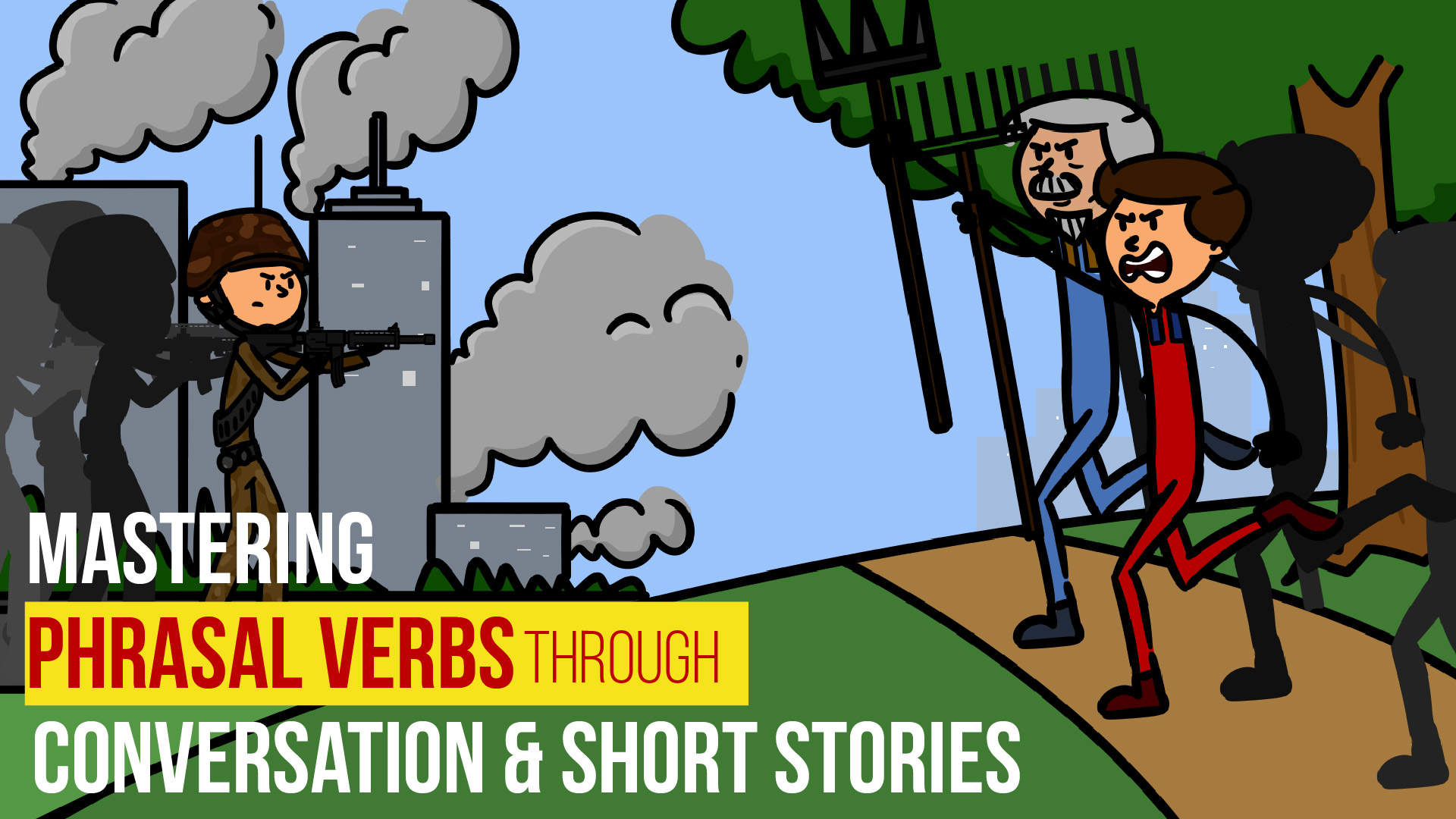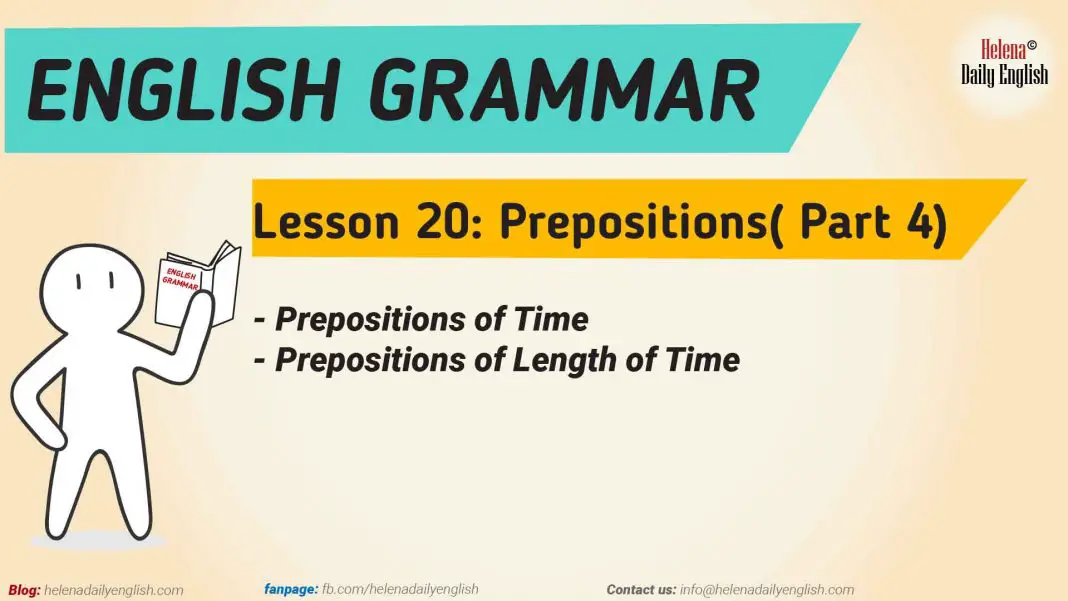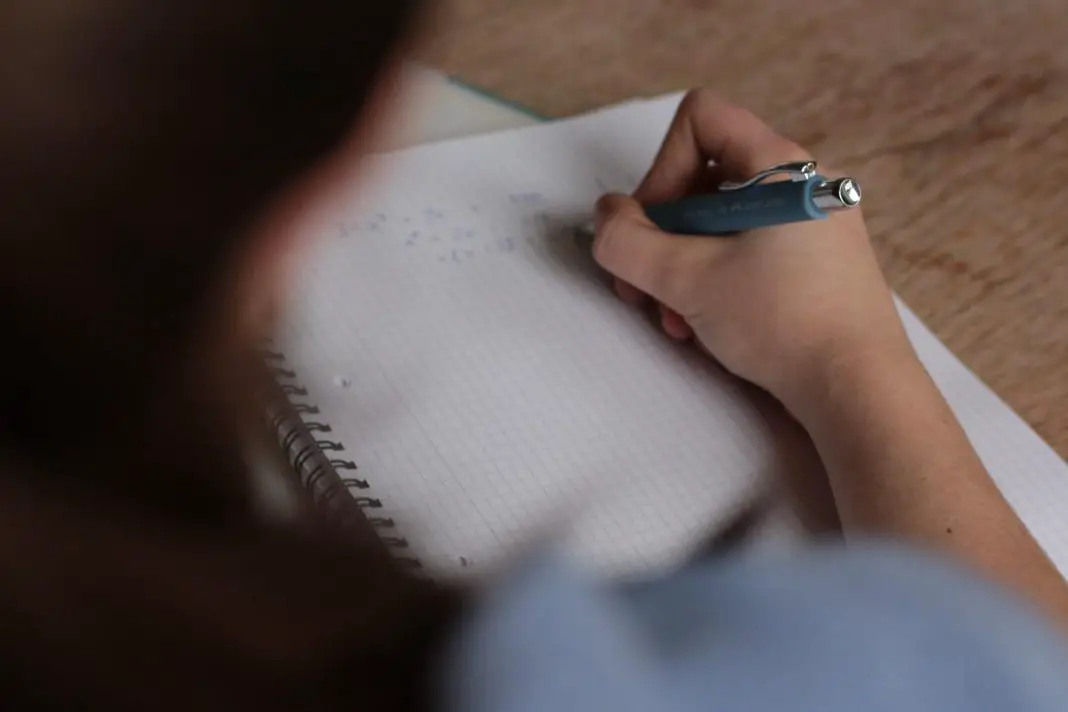These prepositions indicate a movement in a direction or a specific direction.
- arrive in a city, state, or country
- arrive at a place (restaurant, school, work)
- go to a city, state, country, place
- go from a place
Do not make these common errors:

The word home does not use a preposition with verbs of motion.
- Incorrect: What time did you return
tohome? - Correct: What time did you return home?
Prepositions in Combination
Prepositions can be used to indicate place, time, and direction. In addition, prepositions can be used with certain nouns, verbs, and adjectives. You need to memorize these combinations and practice them in your writing and conversation.
Prepositions and Nouns
- Some prepositions are used before certain nouns: in trouble
- Some prepositions are used after certain nouns: a question about
There is no rule to explain these combinations. You must memorize them.
Preposition + Noun
 Noun + Preposition
Noun + Preposition

If you use a verb form after a preposition, the verb must end in -ing. (This form is called a gerund, which is a verb form used as a noun. Here it is an object of the preposition.)
- Incorrect: Do you have any interest in
goto the lake with us on Saturday? - Incorrect: Do you have any interest in
to goto the lake with us on Saturday? - Correct: Do you have any interest in going to the lake with us on Saturday?
Prepositions and Verbs
Some prepositions are used after certain verbs: listen to, wait for, complain about
You must memorize these verb and preposition combinations.
- Incorrect: I complained the homework. (Problem: no preposition)
- Incorrect: I complained
forthe homework. (Problem: wrong preposition) - Correct: I complained about the homework.
O If you use a verb form after a preposition, the verb must end in -ing. (This form is called a gerund, which is a verb form used as a noun. Here it is an object of the preposition.)
- Incorrect: I complained about
dothe homework. - Correct: I complained about doing the homework.
Here are some common preposition and verb combinations

Prepositions and Adjectives
Some prepositions are used after certain adjectives: excited about
You must memorize these preposition and adjective combinations.

One of the most common errors is using the preposition for too often.
- Incorrect: We are happy
forthe professor’s decision. - Correct: We are happy about the professor’s decision.
If you use a verb form after a preposition, the verb must end in -ing. (This form is called a gerund, which is a verb form used as a noun. Here it is an object of the preposition.)
- Incorrect: We are worried about
flyto New York in January. - Correct: We are worried about flying to New York in January.





